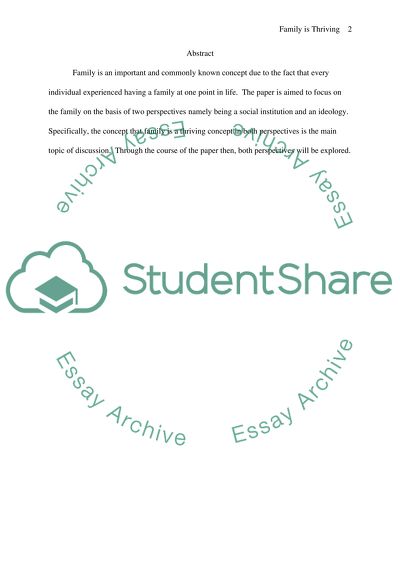Cite this document
(Families of the New Millennium Term Paper Example | Topics and Well Written Essays - 2614 words, n.d.)
Families of the New Millennium Term Paper Example | Topics and Well Written Essays - 2614 words. Retrieved from https://studentshare.org/family-consumer-science/1573569-international-change-and-the-social-world-ii
Families of the New Millennium Term Paper Example | Topics and Well Written Essays - 2614 words. Retrieved from https://studentshare.org/family-consumer-science/1573569-international-change-and-the-social-world-ii
(Families of the New Millennium Term Paper Example | Topics and Well Written Essays - 2614 Words)
Families of the New Millennium Term Paper Example | Topics and Well Written Essays - 2614 Words. https://studentshare.org/family-consumer-science/1573569-international-change-and-the-social-world-ii.
Families of the New Millennium Term Paper Example | Topics and Well Written Essays - 2614 Words. https://studentshare.org/family-consumer-science/1573569-international-change-and-the-social-world-ii.
“Families of the New Millennium Term Paper Example | Topics and Well Written Essays - 2614 Words”, n.d. https://studentshare.org/family-consumer-science/1573569-international-change-and-the-social-world-ii.


